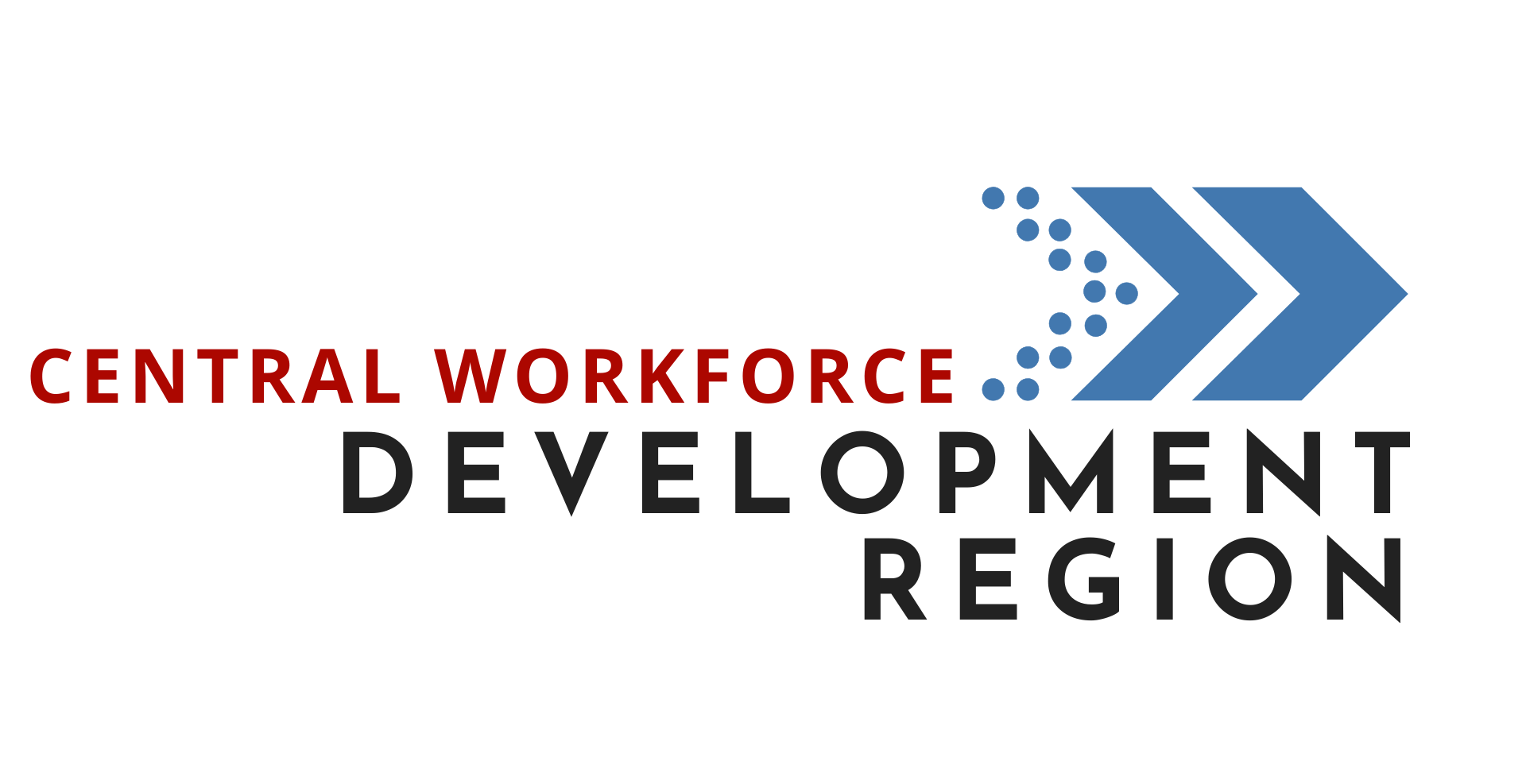Gen Z, the generation born between the mid-to-late 1990s and the early 2010s, is making its presence felt in the workforce. As they enter the professional world, their expectations and preferences are reshaping traditional work norms. One of the most significant changes they are advocating for is a shorter workweek. A recent report from the freelance talent platform A.Team reveals that a staggering 80% of Gen Z workers believe the standard five-day workweek should be reduced.
This desire for a shorter workweek is closely linked to Gen Z’s broader demand for flexibility in their work arrangements. Eric Solomon, former chief marketing officer at Bonobos, highlighted this trend during a virtual roundtable hosted by A.Team. He noted that Gen Z values a more fluid and adaptable approach to both life and work. This includes a preference for hybrid work models that blend remote and in-office work, as well as a focus on work-life balance.
The implications of these changing preferences are significant for employers. To attract and retain Gen Z talent, companies need to adapt to this evolving landscape. This may involve offering more flexible work arrangements, promoting wellness benefits, and providing opportunities for career development. The four-day workweek, in particular, is gaining traction as a potential solution to meet the demands of this new generation of workers. By embracing these changes, businesses can position themselves as attractive employers for Gen Z, ensuring they remain competitive in the war for talent.
Here’s what HR should consider, according to HR Brew.
The Workforce Link Podcast offers forward thinking conversations for the workforce, linking employers and job seekers to a brighter tomorrow. Check out the details here…

